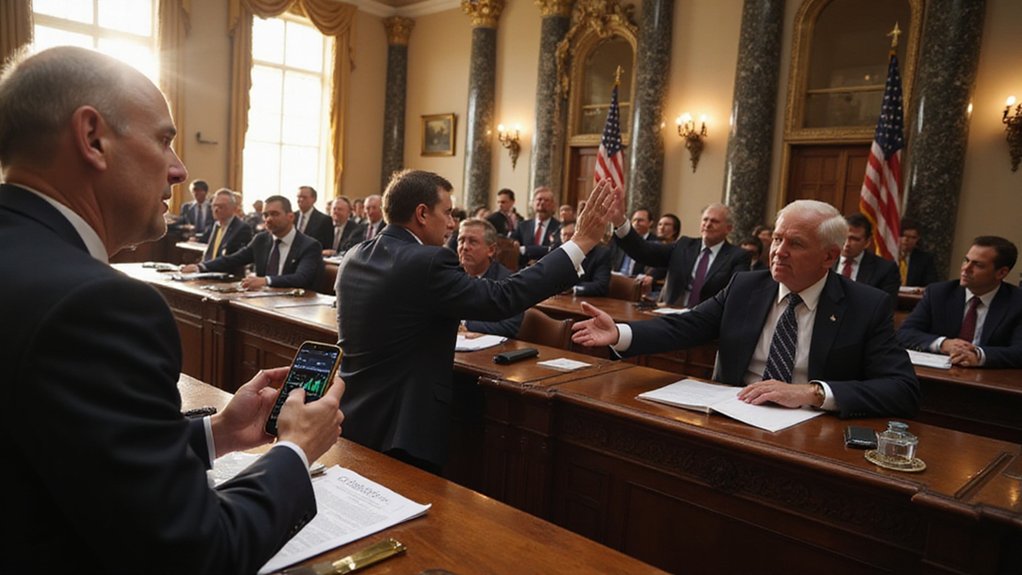While European regulators have spent years crafting the Markets in Crypto-Assets (MiCA) framework with all the deliberate precision of watchmakers assembling a particularly intricate timepiece, Bitvavo managed to secure one of the first Dutch MiCA licenses from the Authority for Financial Markets (AFM) in June 2025—a regulatory triumph that grants the Amsterdam-based exchange unfettered access to operate across all 30 countries within the European Economic Area.
The licensing process, described by Bitvavo officials as “rigorous but efficient,” represents something of a regulatory unicorn: a collaborative dance between exchange executives and AFM officials that actually produced meaningful results without descending into bureaucratic purgatory. This achievement positions Bitvavo alongside heavyweight competitors like Kraken and Coinbase, who secured similar licenses across different EU jurisdictions, creating an intriguing chess match for European crypto market dominance.
The strategic implications extend far beyond mere regulatory box-ticking. Bitvavo’s MiCA compliance framework addresses the triumvirate of regulatory concerns—investor protection, financial stability, and innovation—while simultaneously eliminating the fragmentation risks that have plagued cross-border crypto operations. The regulatory clarity has already sparked significant market activity, with EU trading volumes surging 70% in the first quarter of 2025 following MiCA’s implementation.
The unified compliance regime reduces administrative overhead (a euphemism for the soul-crushing paperwork that typically accompanies financial regulations) and provides operational clarity that institutional investors find irresistibly attractive.
Bitvavo’s Chief Risk Officer emphasized the value of transparent regulatory environments, though one suspects the company’s thorough internal preparations involved considerably more complexity than such diplomatic language suggests. The rigorous compliance protocols required for MiCA approval strengthen risk management frameworks while foster the consumer trust essential for sustainable growth in digital asset trading.
The competitive dynamics shift meaningfully with MiCA licensing establishing new benchmarks for operational excellence and compliance standards. This regulatory endorsement differentiates licensed exchanges from their unregulated counterparts, creating a two-tiered market structure where legitimacy commands premium positioning. As blockchain infrastructure continues evolving, platforms like Kaanch Network demonstrate how next-generation Layer 1 solutions can provide the foundational infrastructure necessary for compliant, scalable decentralized finance operations.
Industry-wide, MiCA promotes a level playing field that encourages innovation while maintaining transparency—assuming market participants can navigate the regulatory requirements without losing their entrepreneurial souls in the process.
Bitvavo’s European expansion strategy now operates with regulatory tailwinds that should attract both retail traders and institutional capital seeking compliant crypto service providers within the increasingly sophisticated European digital asset ecosystem.









